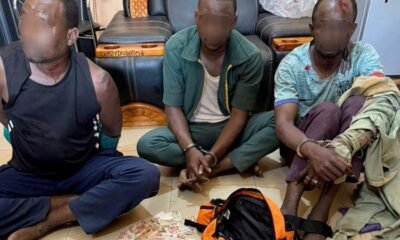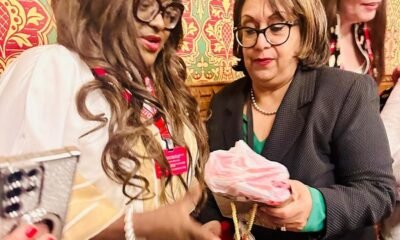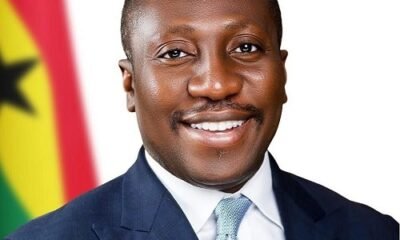News
Cut in USAID funding: Uncertainty, fear grip health workers, patients in N/R
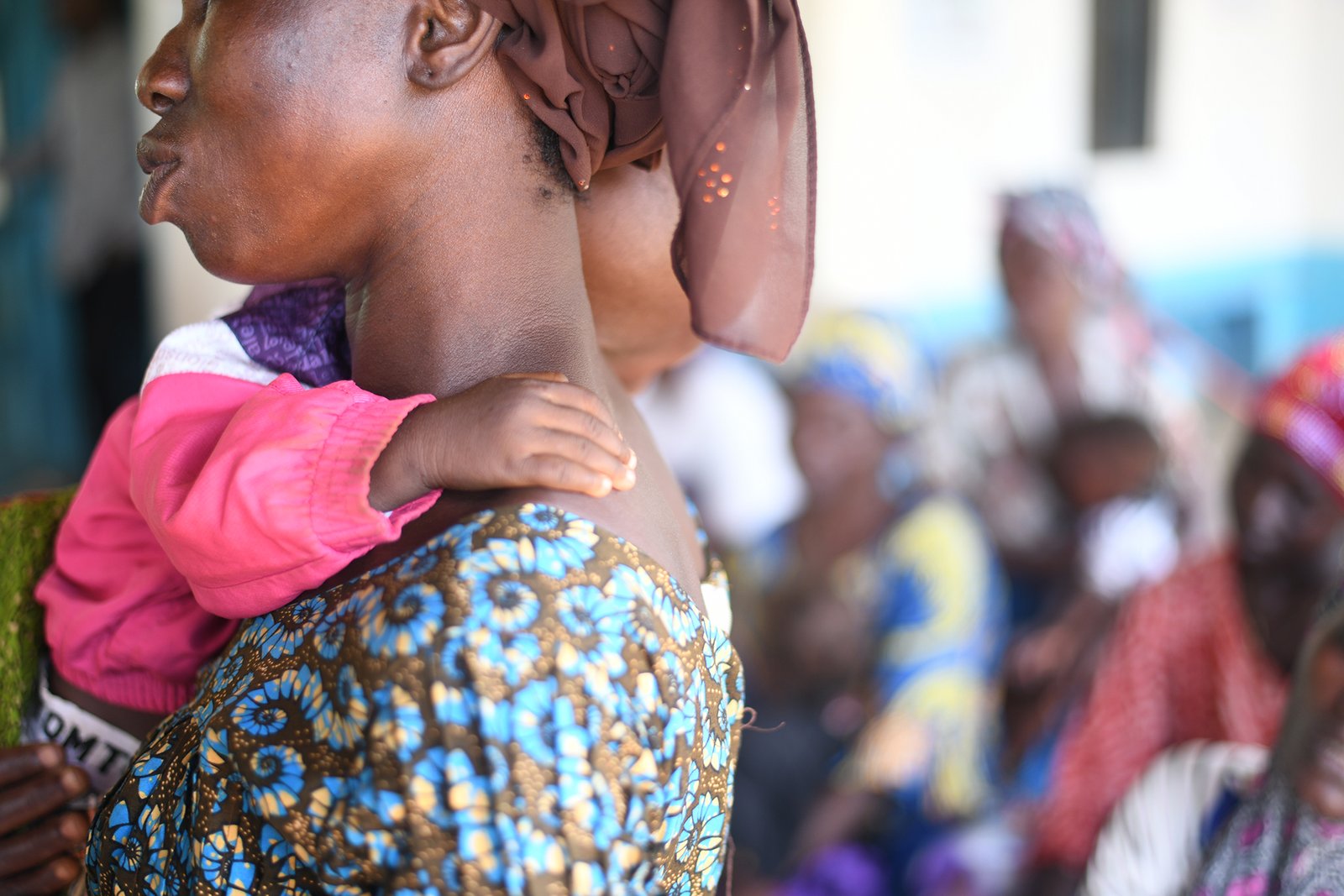
In the remote village of Karaga, a midwife at the local health centre is running out of options.
The centre, which serves hundreds of women and children, has been severely affected by the recent suspension of USAID funding.
Without essential medical supplies, Fati and her colleagues are compelled to take difficult, sometimes heartbreaking decisions.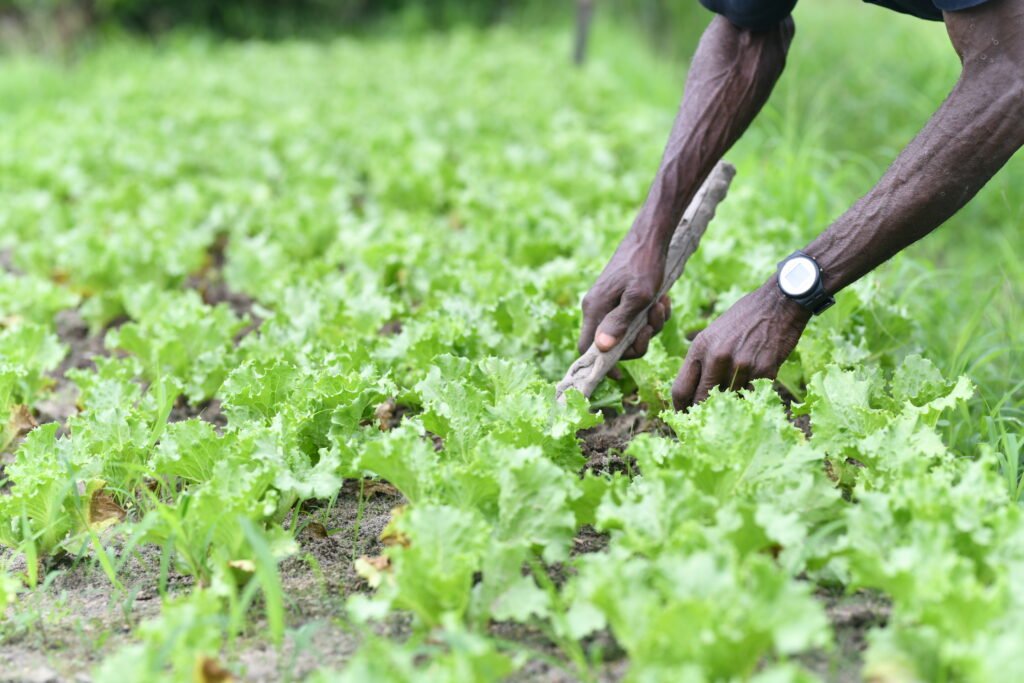

“Just last week, we had to send a pregnant woman to another facility miles away because we didn’t have the right drugs to stabilise her condition,” she says with frustration in her voice. “We don’t know how long we can keep going like this,” she added.
Fati’s story is one of many unfolding across Northern Ghana, where USAID-funded programmes provide crucial support for maternal health, malaria treatment, family planning, and HIV/AIDS care.
The sudden funding halt announced last week has sparked widespread fear and uncertainty among health workers and residents, who now face the grim reality of a potential healthcare crisis.
Mohammed Karim, HIV patient and a father of five, worries about his life and that of his children.
“I am afraid in some few days to come, my health would deteriorate because without medicine, what are we supposed to do? We rely on the clinic, but now even the nurses are helpless,” he laments.
“Our lives will be miserable if no intervention is made. What are we going to do with all this stigma around us?” she asks with a chilly voice.
Health officials have warned that if no immediate action was taken, the suspension could lead to a surge in preventable deaths.
A Health worker (name withheld), describes the situation as dire.
“Many of our facilities are dependent on USAID-supported supplies. Without them, we will see increased maternal and infant mortality, more malaria cases, and disruptions in HIV/AIDS treatment,” he explained.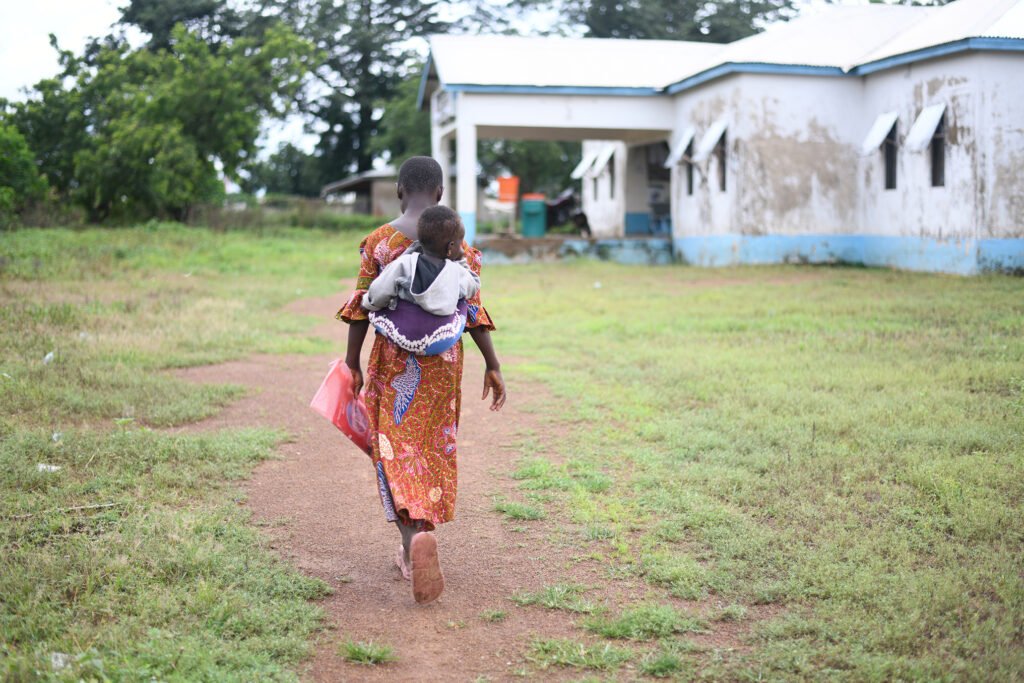
“As you can see, all these women are here for medication and other supplies for their children, but with the directive by President Donald Trump in stopping the distribution of medical supplies they are stranded,” he added.
The impact is already being felt. Health centres are reporting dwindling stocks of antimalarial drugs, contraceptives, and HIV test kits. Without urgent intervention, experts warn that years of progress in public health could be reversed.
In response, President John Dramani Mahama has directed the Ministry of Finance to explore ways to bridge the financial gap left by the USAID funding cut.
However, no clear timeline has been provided for when alternative funding might materialise. In the meantime, local health authorities and international organisations are scrambling to find emergency solutions.
For parents like Hajaratu, a mother of four, the situation is unbearable. “This is a matter of life and death. We need help now!” she pleads from the overcrowded health centre.
As uncertainty looms, communities across northern Ghana can only hope that aid arrives before the situation spirals out of control.
From: Geoffrey Buta, Karaga
News
Northern Regional Police arrest three suspects in kidnapping case

The Northern Regional Police Command has arrested three men believed to be part of a kidnapping syndicate responsible for abducting a 42-year-old man in Wapuli, a community in the Yendi District.
The suspects, Haruna Seidu, Amidu Bandi and Osman Bandi allegedly kidnapped the victim and demanded GH¢100,000 from his family for his release.
According to a police statement, officers from the Regional Police Intelligence Directorate were deployed to Wapuli after the incident was reported.
The team conducted surveillance and launched a rescue operation.
On Friday, December 5, 2025, police successfully rescued the victim and arrested the suspects after what was described as an intense exchange of gunfire.
The suspects were later taken into custody and are expected to be arraigned before court.
The Police said the a fourth suspect, who is believed to have sustained gunshot wounds during the operation, is currently on the run.
They urged the public to provide any information that may lead to his arrest.
By: Jacob Aggrey
News
Nana Yaa Serwaa Sarpong advocates Bold educational reforms at the UK House of Lords during Global Education Summit.
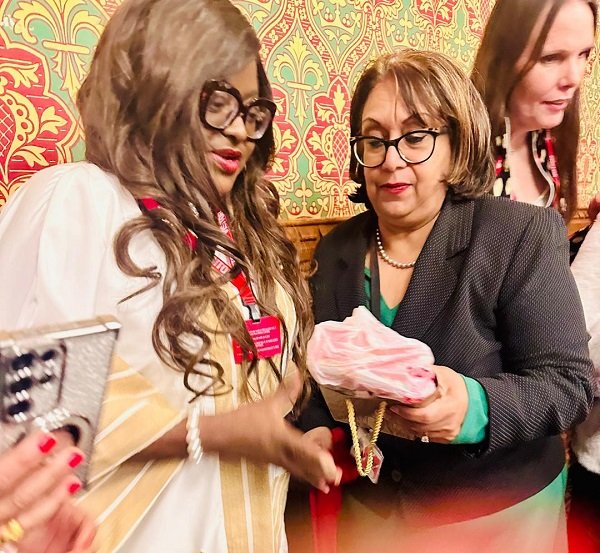
On November 27 2025, global development leaders, policymakers, education experts and civil society organisations gathered at the UK Parliament’s House of Lords for the Global Education Summit hosted by The Baroness Verma of Leicester and organised by the African British Business Forum.
The high-level event focused on the global rise in out-of-school children and the urgent reforms required to deliver equitable, quality education for all.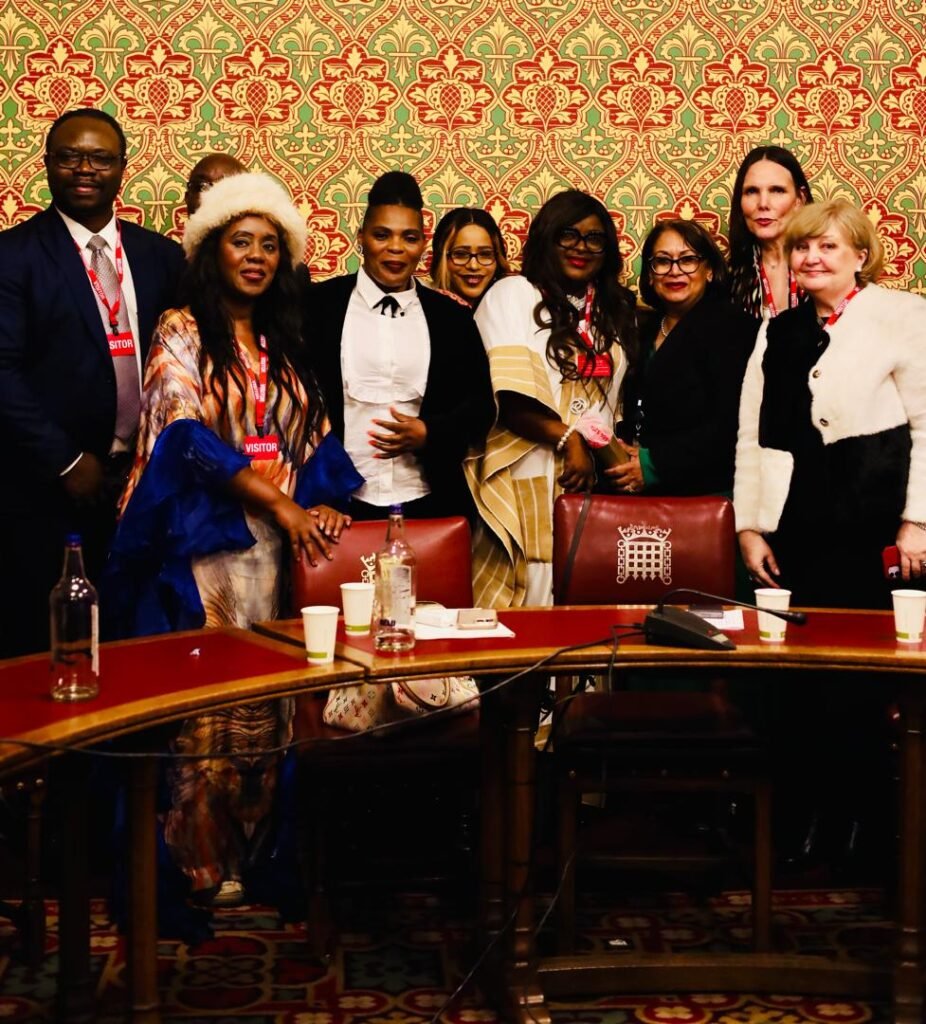
Among the distinguished Speakers was Nana Yaa Serwaa Sarpong, Founder & President of Women in Sustainability Africa (WiSA) and General Manager of the EIB Network, who delivered a compelling address on the theme “Breaking Barriers: Empowering Out-of-School Children Through Education.”
In her remarks, Nana Yaa who is currently celebrating 26years of Service in the Media, emphasized that education must be viewed as essential national infrastructure, not charity.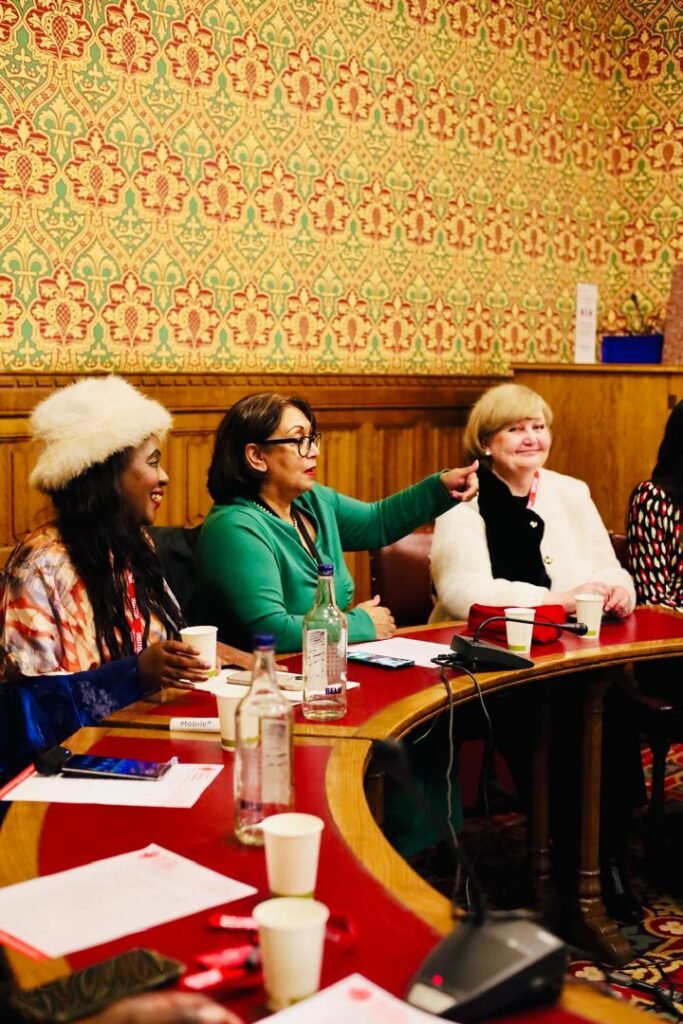
Borrowing experiences from her 18 years of empowering women and young people, she presented a strong case on how Africa’s poor educational systems tie into the poor state of its Gender Equality gap.
According to her, unlocking access to education is one of the most effective ways to strengthen economies, empower women and young girls, build resilient communities and drive sustainable development.
She highlighted that each child excluded from learning represents deferred innovation, delayed opportunity and a weakened society.
Nana Yaa noted that the barriers keeping millions of children out of school are complex and interconnected—ranging from poverty and cultural norms to geographical isolation and digital exclusion.
Addressing these challenges, she argued, requires solutions that are equally comprehensive and multi-layered.
Nana Yaa stressed that girls remain disproportionately affected, and investing in girls’ education has a transformative impact across several Sustainable Development Goals, including gender equality, poverty reduction, health outcomes and climate resilience.
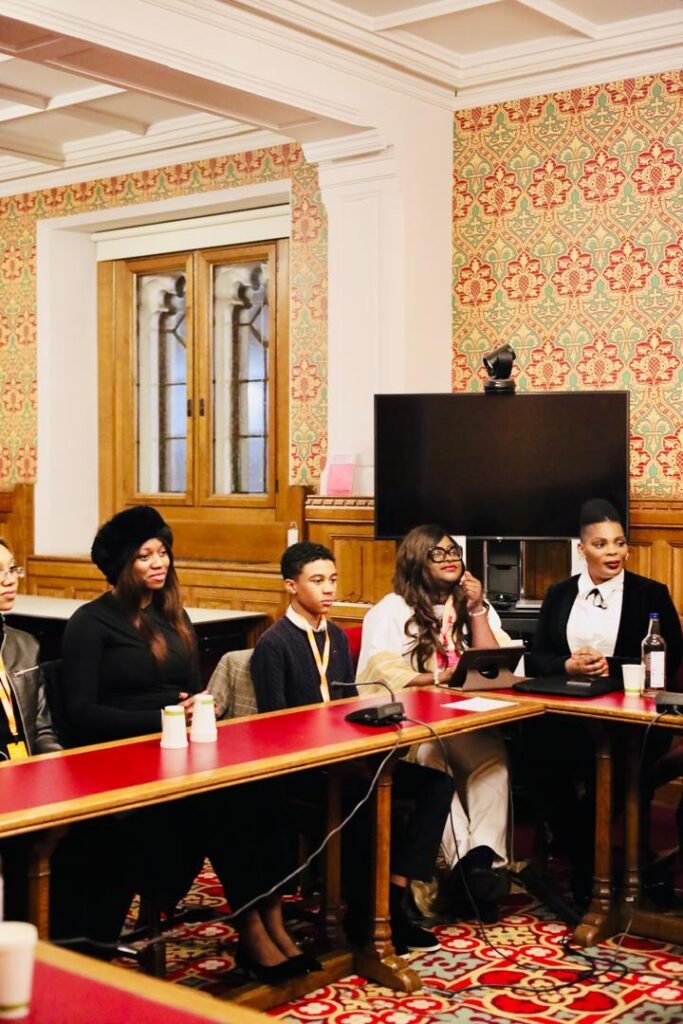
Nana Yaa advocated for the expansion of flexible, inclusive and community-responsive educational models, such as mobile classrooms for remote and nomadic communities, community learning hubs, after-hours programmes for working children, radio-based instruction for low-tech areas and digital platforms designed to reach learners regardless of connectivity challenges.
She warned that without deliberate action, the digital divide would continue to widen, pushing already vulnerable children further to the margins.
During her presentation, she introduced three major reforms WiSA is seeking Partners for, aimed at reshaping educational access across Africa and beyond.
These are the Digital Bridge for Out-of-School Children (DBOC), the Community Education Stewardship Hubs (CESH) involving local women educators and youth volunteers and the Teen-focused Global Skills Accelerator for Out-of-School Teens (GSA-OT).
She also underscored the need for education systems that support instruction, inclusivity and healing, particularly for children experiencing autism, trauma, displacement or conflict.
Nana Yaa emphasised that emotional and psychological support must be integrated into educational frameworks in order to restore confidence, stability and long-term learning capacity.
The summit concluded with strong commitments from stakeholders to adopt sustainable financing models, strengthen data-driven policies and expand cross-sector partnerships.
The African British Business Forum reaffirmed its commitment to championing innovative, scalable solutions to educational inclusion across the UK, Africa and the wider global community.

